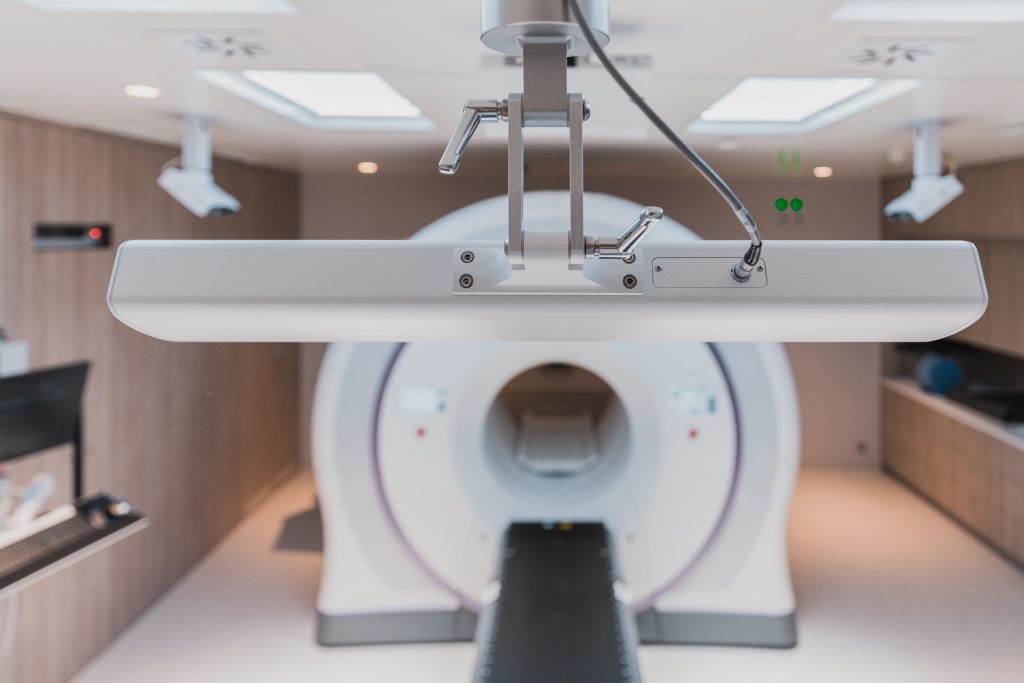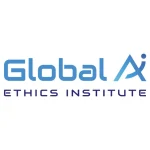December the 12th, 2023 – Croatian carcinoma diagnosis with the help of Artificial Intelligence (AI) has begun.
As Poslovni Dnevnik/Marija Brnic writes, since its foundation seven years ago, Sveta Nedelja’s oncology polyclinic, Radiochirurgia, has been a pioneer in the diagnosis and treatment of cancer in Croatia.
Using radiotherapy, radiosurgery and chemotherapy, and now it’s going yet another step further – becoming a Siemens Healthineers reference centre for the application of artificial intelligence (AI) in the planning of radiotherapy and radiosurgery.
The new revolutionary step that was officially presented to the public recently is provided by two new Siemens Healthineers devices – a 3 Tesla fusion ultra HD MR device – model MAGNETOM Vida, and an ultra HD dual energy PET CT device – model Biograph Vision 600.
Redefining the boundaries of imaging
As it was pointed out, these are devices with revolutionary technological characteristics that redefine the boundaries of imaging. The fusion of the images they provide introduces a new diagnostic method that provides insight into the state of the organism and individual organs.
These diagnostic methods put this polyclinic at the very top of cancer diagnostics and treatment in the EU and at the global level. An enormous leap for Croatian carcinoma diagnosis. This was pointed out by the founder and director of Radiochirurgia Dr. Davor Schwarz and Neven Carev, director of Siemens Healthcare.
Using concrete examples, the ways of using artificial intelligence and its contribution to increasing the possibility of treating patients are presented. AI enables much better detection and ensures a reduction in the possibility of overlooking cancerous growths.
“After scanning, the software finds suspicious lesions on its own, which cannot be detected by the standard process. It then localises them, measures their volume and compares them with scans made earlier. “Artificial Intelligence has high sensitivity and provides the possibility not only of more reliably finding tumours that are not visible to the naked eye, but also reduces the number of examinations and enables faster treatment,” said Dr. Schwarz at the presentation of the new technology at the polyclinic.
He also explained how after the scans are performed, doctors gather together and go through them and the information provided by the AI. The final decision on treatment is then made by them. Croatian carcinoma diagnosis will therefore be aided enormously by AI, but human brains remain king.
AI makes no sense outside of the hands of experienced professionals
“The human being must be the one who decides, and only in the hands of experienced professionals does artificial intelligence make full sense,” Schwarz pointed out, explaining how the use of AI benefits doctors and enables them to be more certain that they will make a good decision, and that they can provide the patient with faster and more accurate treatment.
On a large screen where Radiochirurgia’s doctors analyse these images daily and consider how to treat detected growths, journalists had the opportunity to see the differences between images of the lungs, liver or prostate, on which it would otherwise not be possible to determine tiny lesions using the standard process. Precisely by detecting them with new technology, diagnosis and timely treatment is ensured.
Croatian carcinoma diagnosis will now be among the best, but the weakest national point remains treatment
Despite the fact that Croatian carcinoma diagnosis will now be improved enormously, the weakest point remains the actual treatment. Schwartz noted that Croatia is tragically the second worst in all of Europe in terms of mortality from cancerous tumours. This is generally because Croats tend not to respond to healthcare invitations for early cancer detection. This goes on in spite of the country genuinely boasting some truly excellent preventive programmes. Croats tend to avoid regular visits to the doctor in general, meaning that health issues have been permitted to worsen before a healthcare professional is involved.
“A tumour can be both the easiest and the most difficult type of disease – if it is detected in time, it can be the easiest disease to deal with, otherwise – it is the most difficult,” explained the head of Radiochirurgia, which has performed more than 10,000 operations so far. Most of the users of their services are Croatian citizens, but a significant number of patients also come from neighbouring countries, particularly from Bosnia and Herzegovina.
A contract with Bosnia and Herzegovina, but not with Croatia…
“Unfortunately, only part of the procedure is possible through HZZO (Croatian Health Insurance Fund), it encompasses about 1,000 patients per year. We would certainly like to change that figure, because it’s difficult for us to work that way,” revealed Schwartz, adding that the contract with HZZO for a larger number of patients whose costs would be covered would provide greater security for all.
Unlike the situation with HZZO, Radiochirurgia has concluded a contract with neighbouring Bosnia and Herzegovina, which covers the costs of cancer treatment for its citizens at Radiochirurgia. This, of course, also provides a great opportunity for further growth of the clinic.











